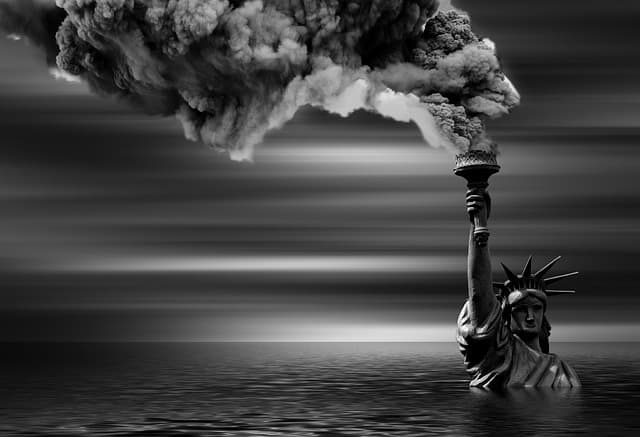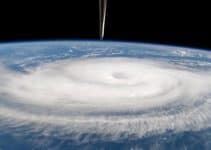UK’s record top 10 warmest years have all taken place since 2002, a new analysis from the Met Office stated. The UK climate report shows that in a temperature sequence, 2014 remains the warmest year, taking into consideration trends from as early as 1884. Despite the last deadly summer, based on temperatures round the year, 2018 stands as the seventh warmest year on record.
In the case of the most recent coldest years in the top 10, it was 1963. The patterns of Britain’s warm and cold years are a clear signal of climate change as per the scientists. This week the Met Office confirmed the hottest temperature ever in the UK – 38.7C (101.7F) – recorded on Thursday in Cambridge. According to the Met Office scientist who compiled the new analysis, in the first two decades of the 21st Century, the clustering of all the warmest years is precisely what expected in a climate change.
“It’s certainly what we’d expect to see. Our climate in the UK has warmed at a very similar amount to the global temperature rise, so just under 1C for the UK,” said Dr Mark McCarthy.
“Under that warming climate, we would expect that the hot extremes would tend to cluster in more recent times, and the colder extremes are further back in time.
“Although we do still experience colder extremes like ‘the beast from the east’ last spring, generally speaking the story we have is that overall it’s the warmer events and these higher temperatures that are dominating.”
With this, the Met Office published such a report for the fifth time by digitizing historical weather records and covering the years back to 1884. Earlier versions stretched back only to 1910. No difference arises to the record of the UK’s warmest years; however, the record for the coldest years has significantly changed, with 5 of the 10 chilliest years taking place in the 1880s or 1890s.
A significant difference was found between the coldest year in the sequence and the hottest. The average coldest temperature was over 7C for 1892, while the average for the warmest was approaching 10C. The number of more frozen years found less since the beginning of the millennium. Despite being the chilliest, 2010 ranks at 22nd on the cold list. However, it was the measure of the lowest average temperature based on the whole year’s levels, not the most severe winters.
“We expect that extremely cold years nowadays like 2010 aren’t as extreme as the cold years in the past, but the warm years are more extreme than the equivalent from 50-100 years ago,” Dr McCarthy told BBC News.
The Met Office is claiming for years that their data shows unmistakable evidence of rising temperatures, both in the UK and worldwide due to the release of the gases by human activity. This latest analysis is highlighting the impact of the warming climate. However, as the weather of our island is too variable, it doesn’t mean the end of freezing winters or chilly summers.
As the report suggests, the records show an apparent pattern of change. We already know this and every passing year, giving a chance to climate scientists to study the trends and share their findings. The year 2018 holds the record of the third sunniest year in a series dating back to 1929.
Despite the recent record of the warmest three-month period, the overall temperature for the year placed it in seventh place in the top 10 hottest list. A record low temperature recorded on 1st March is a significant factor dragging the year down. Another reason may be the most significant snowfall recorded in the UK since 2010. Moreover, in the case of rain, 6 of the 10 wettest years have occurred in the UK since 1998.
The seasons, hot or cold, have been getting wetter compared to the long-term average over the last decade, the summers seeing 13% more rain while the winters are rising by 12%.
“It is also interesting that a high number of the wettest years in the UK occurred recently, showing that climate change starts to show up even in highly variable aspects of weather such as rainfall,” said Prof Gabi Hegerl of the Edinburgh University who wasn’t involved with the study.
“Climate change already matters to the UK and makes a difference.”The Met Office researchers are unwilling to speculate the stand of 2019 in the hottest year’s list even though the UK broke the record for its warmest day last week.
“It’s been something of a mixed bag so far this year. On balance, it’s too early to say where we will end up in 2019 because just a few extreme months can make a significant difference,” said Dr McCarthy.






